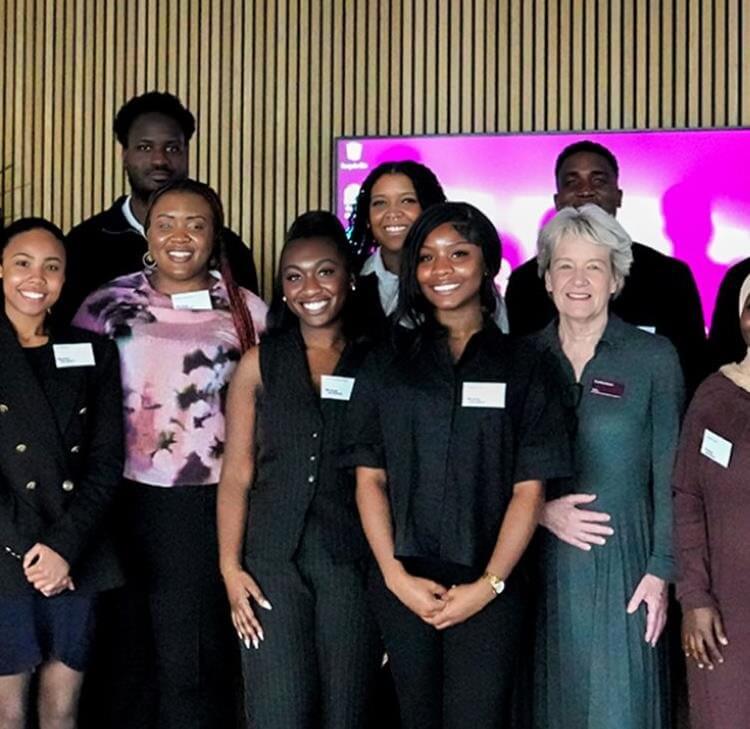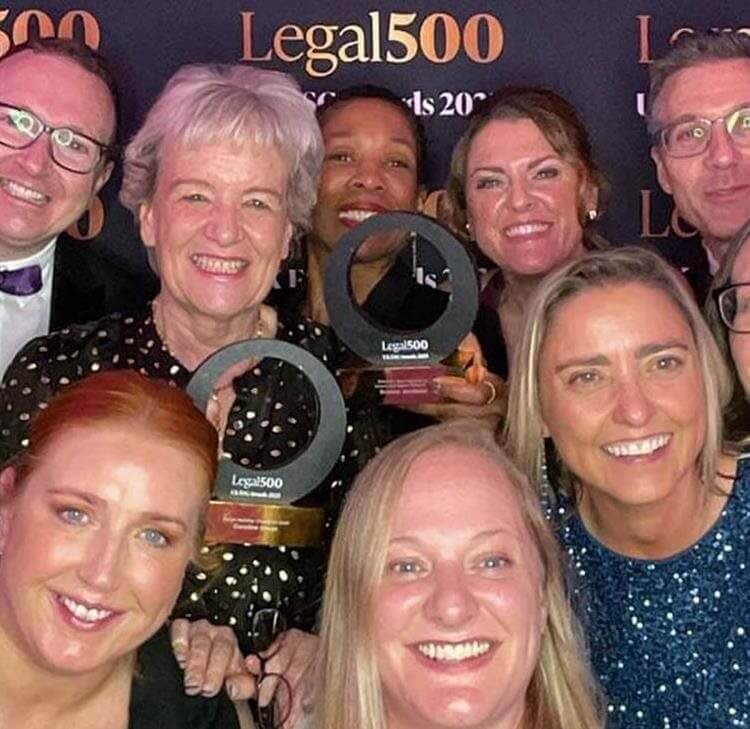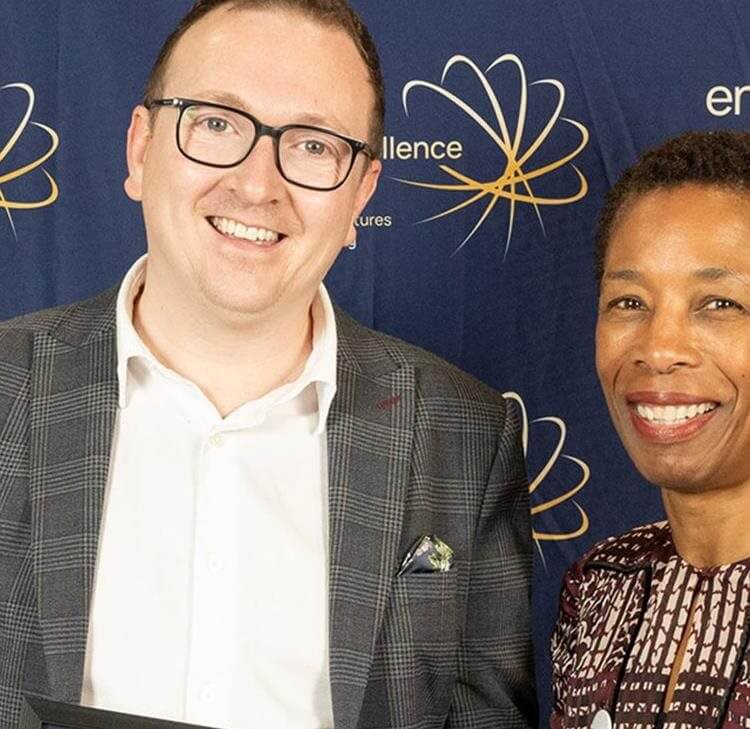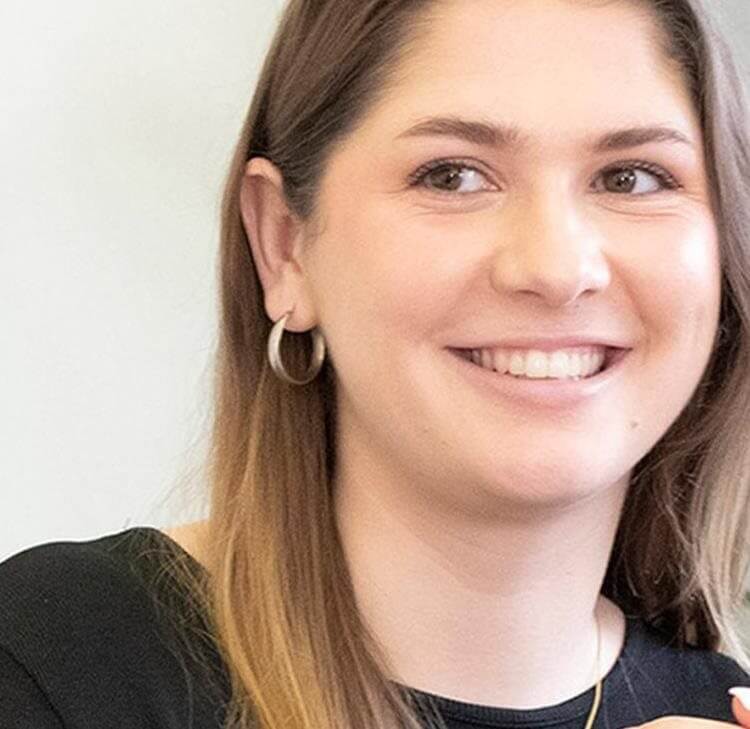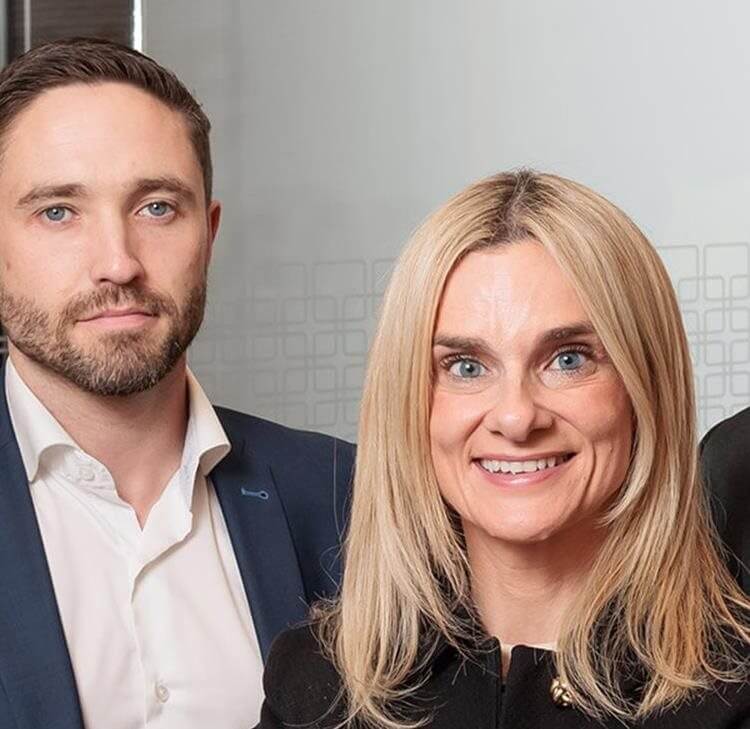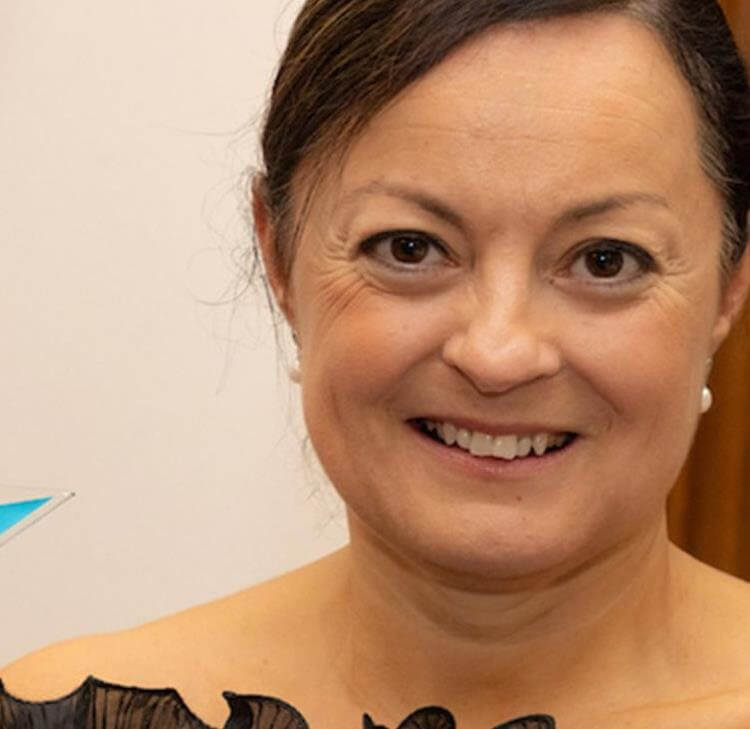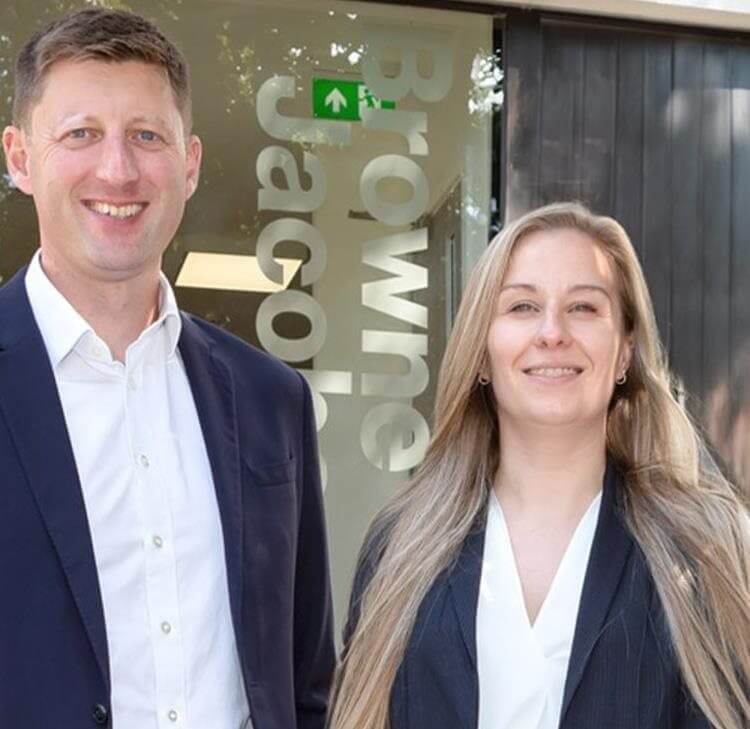On Tuesday 3 December 2024, we will be celebrating the International Day of People with Disabilities (IDPWD) at Browne Jacobson. As part of the global ‘Positively Purple’ movement, we’ll spotlight the invaluable contributions of employees with disabilities by wearing purple - a symbol of building disability confidence.
This day not only showcases the contributions of employees with disabilities, but also recognises the allies and champions who support inclusion around the world.
The importance of inclusivity in the workplace
An inclusive workplace is one where everyone has equal rights and opportunities. Historically, people with disabilities have faced barriers to fair treatment and access, often stemming from assumptions about how a disability may impact performance, or black and white thinking regarding the reasonableness of adjustments to workplace practices. Addressing these challenges is key to creating a truly inclusive work environment.
Language plays a significant role in shaping perceptions. It can empower, or it can reinforce stereotypes and create additional barriers for people with disabilities. Derogatory language related to disability not only undermines inclusivity but could also amount to harassment.
By promoting inclusive language and behaviours, employers can create a workplace culture where every individual feels respected, valued, and empowered to contribute fully. This encourages open, positive conversations and helps us rethink how we communicate, ensuring people with disabilities are included and can thrive in the workplace.
How language can promote disability inclusion
The words we use are important. To foster inclusion, consider these tips:
- Use “disability” instead of offensive or outdated terms such as “crippled,” “victim,” “handicapped,” “unfortunate,” or “differently-abled.”
- When describing facilities, use the term “accessible” rather than “disabled” or “handicapped.” For example, say “an accessible toilet” instead of “a disabled toilet.”
- Avoid framing people with disabilities as victims. For instance, say someone “lives with a disability” rather than “suffers from a disability.”
- Refrain from referring to people without disabilities as “normal” or “healthy.”
If in doubt, ask the person with the disability about their communication preferences.
“We must be treated as equals — and communication is the way we can bring this about.”
Tips for employers
Employers play a crucial role in driving cultural change in how disabilities are viewed within their organisations. Here are some practical steps for fostering inclusivity:
1. Develop an inclusive communication policy
Create an inclusive communication policy and ensure it is accessible to all employees. Seek input from disabled employees or disability champions to ensure the policy is relevant and effective.
2. Train managers
Provide training for managers on inclusive language and behaviours. Managers should act as role models, challenge discriminatory or inappropriate language, and create a safe, supportive environment for all employees.
3. Nominate a disability champion
Appoint a disability champion to oversee the implementation of the inclusive communication policy, report to leadership on progress, and ensure guidance on inclusive conduct is up-to-date and effective.
4. Consult disabled employees
Engage with employees with disabilities to identify how language and biases manifest in the workplace. Gather their feedback on the organisation’s inclusivity practices and make improvements accordingly.
5. Stay informed
One in five people in the UK has a disability, and this number is growing due to factors such as an ageing population, increased awareness of neurodiversity, and a rise in chronic health conditions. Stay informed on best practices by consulting external organisations, including:
- The Business Disability Forum
- PurpleSpace
- Scope for Business
By taking these steps, organisations can cultivate a more inclusive and accessible workplace that recognises and celebrates the contributions of employees with disabilities.
We are proud to mark IDPWD as part of this year’s Disability History Month and to actively champion disability confidence within our firm and wider society.





